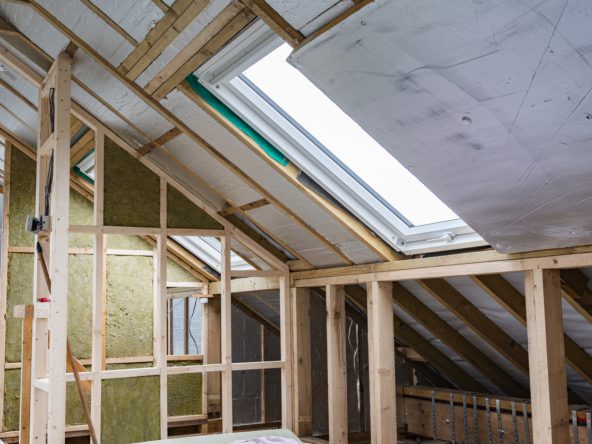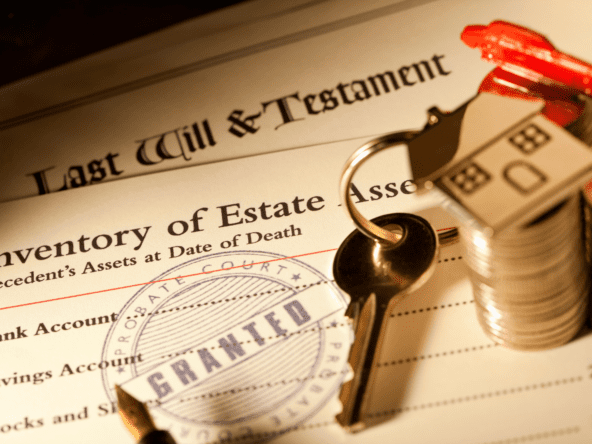Applying for a mortgage has never been easy, but for some reason it just seems to be getting harder and harder as time goes on. There are several factors that banks need to take into consideration prior to approving your mortgage. We cannot guarantee that following our steps will definitely result in you becoming mortgage approved however if you see them more as guidelines you could make your applying for a mortgage less stressful, better prepared, quicker and more cost effective. We will cover everything from becoming mortgage approved, Help-To-Buy scheme and Rates.
1) CLEAN UP YOUR CURRENT ACCOUNT!
Your current account in the eyes of the bank is your credit portfolio, your current account can tell the bank how much you earn, how much you spend, where you money goes and how much you save. These are all crucial factors when applying for a mortgage.
Before you even decide to ring the bank and arrange an appointment, you need to get your current account in order.
This means sorting out things such as overdrafts, referral charges, car/student loans, any direct debits to gambling apps such as paddy power or bet 365 and unnecessary credit card charges. All of these will play a part in approving your mortgage.
PRIORITISE YOUR NET DISPOSABLE INCOME(NDI)
Your NDI is your net income after paying taxes, loan repayment, child support or maintenance orders (if applicable).
Your mortgage repayments cannot be any more than 30% – 35% of your NDI. Reducing your NDI effectively reduces the amount you can borrow. So, try and pay down as much debt as possible as it will strongly increase your chances of becoming mortgage approved.
2) Learn the rules of the central bank
The Central Banks mortgage lending rules limit how much you can borrow, so it is essential to learn them prior to applying. As an example, under normal rules, borrowers may borrow 3.5 times their(combined) salary. Other rules could be first time buyers pay 10% deposit while second time buyers pay 20%.
However there are such things as exemptions, and I can not stress this enough…
“DO NOT BANK ON BEING GRANTED ANEXEMPTION”
There is no way, whatsoever, that you can guarantee that you and your partner will be granted an exemption, but it is possible. If you are lucky enough to get an exemption, you could be entitled to a mortgage4.5 times your (combined) salary – this specific exemption applies to 20% of all new residential loans, per year.
You could also pay less than 10%/20% of your deposit, depending if you are a first or second time buyer, 5% of these exemptions go to First time buyers while 20% go to subsequent buyers.
Banks will usually cherry pick the best borrowers for these exemptions, usually the borrowers with an excess of income. In other words the safest bet.
So once again do not bank on being granted an exemption and always refresh your head with the current central bank lending rules.
3) The Help-to-Buy Scheme is your friend, and if applicable definitely use it!
Before we dive into the Help-to-Buy scheme we should start of by discussing if you are eligible for Help-to-Buy.
To be eligible you must:
· Be a first-time homebuyer
· You must live in the property for five years (HTB is not available to people looking to let the property immediately after buying)
· Borrowing at least 70% of the purchase price or approved valuation (if you are borrowing half of the price and paying the other half in cash you will not be eligible)
The Property you are planning to buy must be either:
· Newly built houses or apartments
· Property Value cannot be any higher than €500,000(No Exceptions)
· Self-Built
· Suppliers, tradesmen, builders, architects etc .must be registered with Revenue
Now if you are eligible you could be entitled to a nice handout to help you with the deposit of your mortgage.
What is Help-to-Buy?
Essentially the Help-to-Buy scheme is a tax refund of the income tax and Deposit Income Retention Tax(DIRT) that you would have paid over the previous 4 years.
You are entitled to 10% of the purchase price of a new home or the approved valuation of a property in the case of self builds.
However, the rebate/refund is also capped at €30,000
For Example;
If you are a first time buyer planning to buy a home for €500,000 (and you fit the criteria required for Help-to-Buy)you will have to pay a 10% Deposit upfront.
So, €50,000 is the deposit.
The HTB scheme will give you the capped €30,000 towards you deposit.
Meaning you will have to pay €20,000upfront.
NOTE!
If you are buying a property worth €200,000 as a first-time buyer, meaning the deposit would be €20,000.
You are only entitled to 10% of the purchase price, so you will be given the €20,000.
You will not be given €30,000 so you can pay deposit and keep €10,000.
To Find our how you can apply for Help-to-Buy you can find some useful information on the Revenue website.
4) SAVE UP! Don’t change for higher income job!
If you are struggling to get mortgage approved and have reapplied several times but the outcome remains the same, this result is most likely related to your income and savings.
We have already discussed cleaning up your current account, but if you were able to pay 50% of your mortgage upfront you would be at a serious advantage ahead of other people.
Mortgage brokers will always go for the safer option, they will always go for borrowers who they believe will not go into arrears. The more of your mortgage you pay upfront the less and lower monthly repayments you will have to make. So even if your income isn’t extremely high, lowering your monthly repayments is easier than trying to increase your income.
The reason I say this is because most people may change there jobs right before applying for a mortgage with the hopes of getting a higher income. This is not a good idea.
Previously in Ireland you had to be working in the same employment for at least 2 years before applying for a mortgage, this has now been shortened to 6 months but what they the banks are really looking for is that you have passed your probation.
If you apply for your mortgage 3 months into your new job the banks will not approve you until they have received confirmation from your employer that you have passed probation.
So, saving up an extra €10,000 – €20,000 will give you a better advantage than changing jobs.
There are also extra costs that you will also need to take into consideration when applying for a mortgage.
Solicitors fees, surveyors report, fees for valuations and stamp duty all need to be paid along side land registry fees. In the event that you are moving to an apartment you will more than likely have to pay management fees.
It is vital that you save up properly.
5) Get Mortgage Protection before you get approved!
Nowadays it is usually compulsory for all mortgage holders in Ireland. That isn’t the problem. The problem is people decide to get mortgage protection after they are mortgage approved.
We have seen people place bids on properties and only realise closer to the closing stage that they need to get mortgage protection and often have missed out on their dream home because they couldn’t get it quick enough.
The Mortgage Protection application takes roughly between 3-5 days. This is compulsory as in the event of your death the banks need to know they their mortgage is secure. They insurance company will want to know all about your family history regarding diseases. This could take longer than usual depending on the situation.
It is vital to get mortgage protection before getting mortgage approved.
6) Fixed Rates vs Variable Rates
Once you get mortgage approved you will need to decide if you will pay your repayments with fixed or variable rates.
This isn’t very complicated but can often make borrowers stressed and confused when deciding. Both options have their pros and cons.
Variable:
Variable rates are dictated by the European Central Bank. Your monthly repayments can go up or down during the mortgage depending on changes in the ECB main lending rates.
This can be beneficial or detrimental for borrowers so it is wise to get second opinions at the time you have to choose. There is as much to gain as there is too lose.
Fixed:
Fixed rates are set rates that do not change any usually they only are fixed for a set number of years. This is usually set for between 3-5 years, however, recently in Ireland they have gotten as high as 30 years.
Fixed Rates do not go up so there is not much risk in choosing it but it also does not go down.
The choice between the two will always be different depending on the person. Some people are will to take the risk with variable rates while others would rather play it safe with fixed rates. There is no right answer when choosing between the two.
But if you are to choose variable rates we would definitely recommend getting a second opinion form an estate agent, economist or separate broker.
We hope that these 6 points can help you when getting a mortgage. Please view these as guidelines and not steps as we can never guarantee someone getting mortgage approved. But following these points will definitely put you in a better position .





